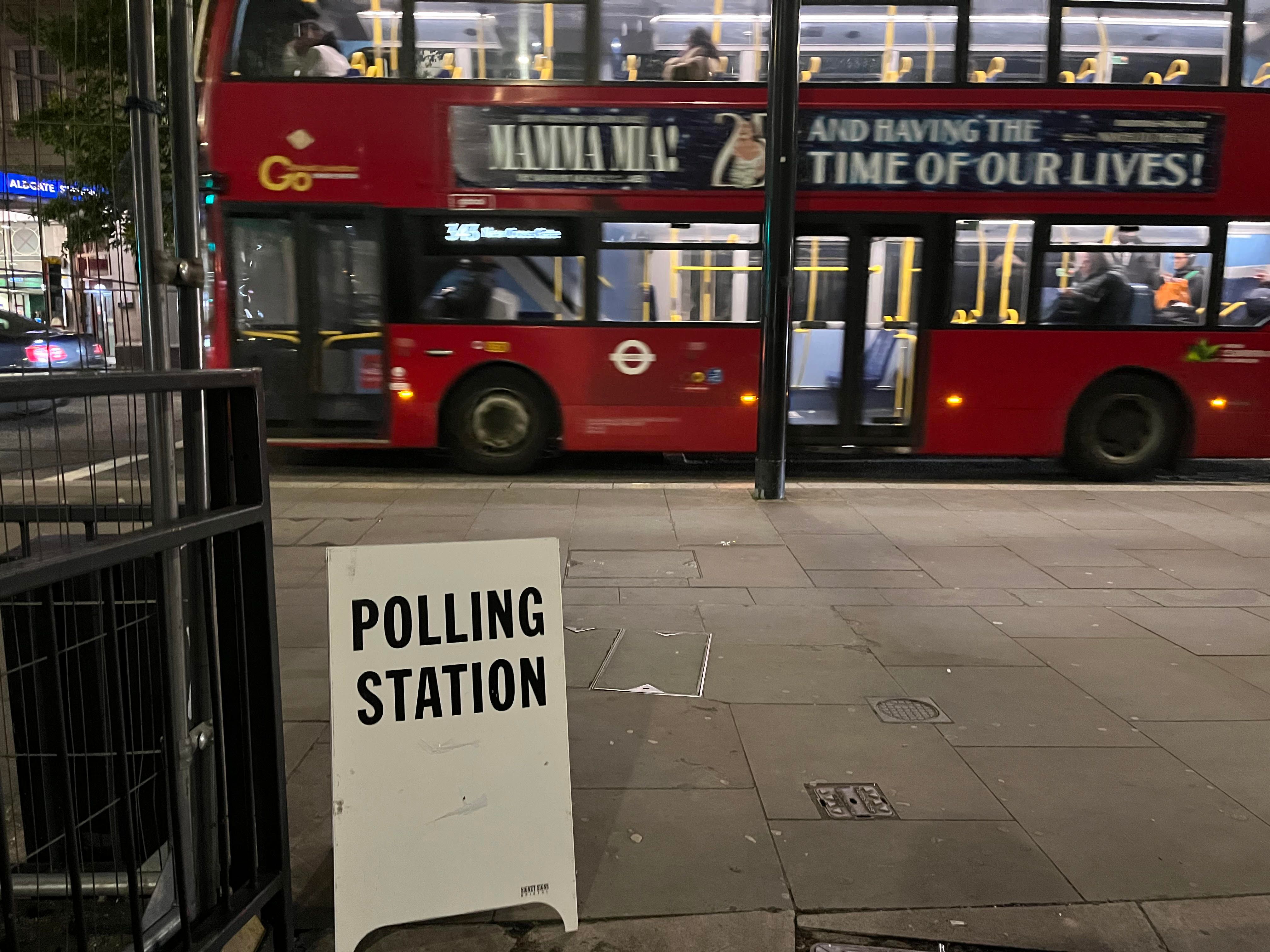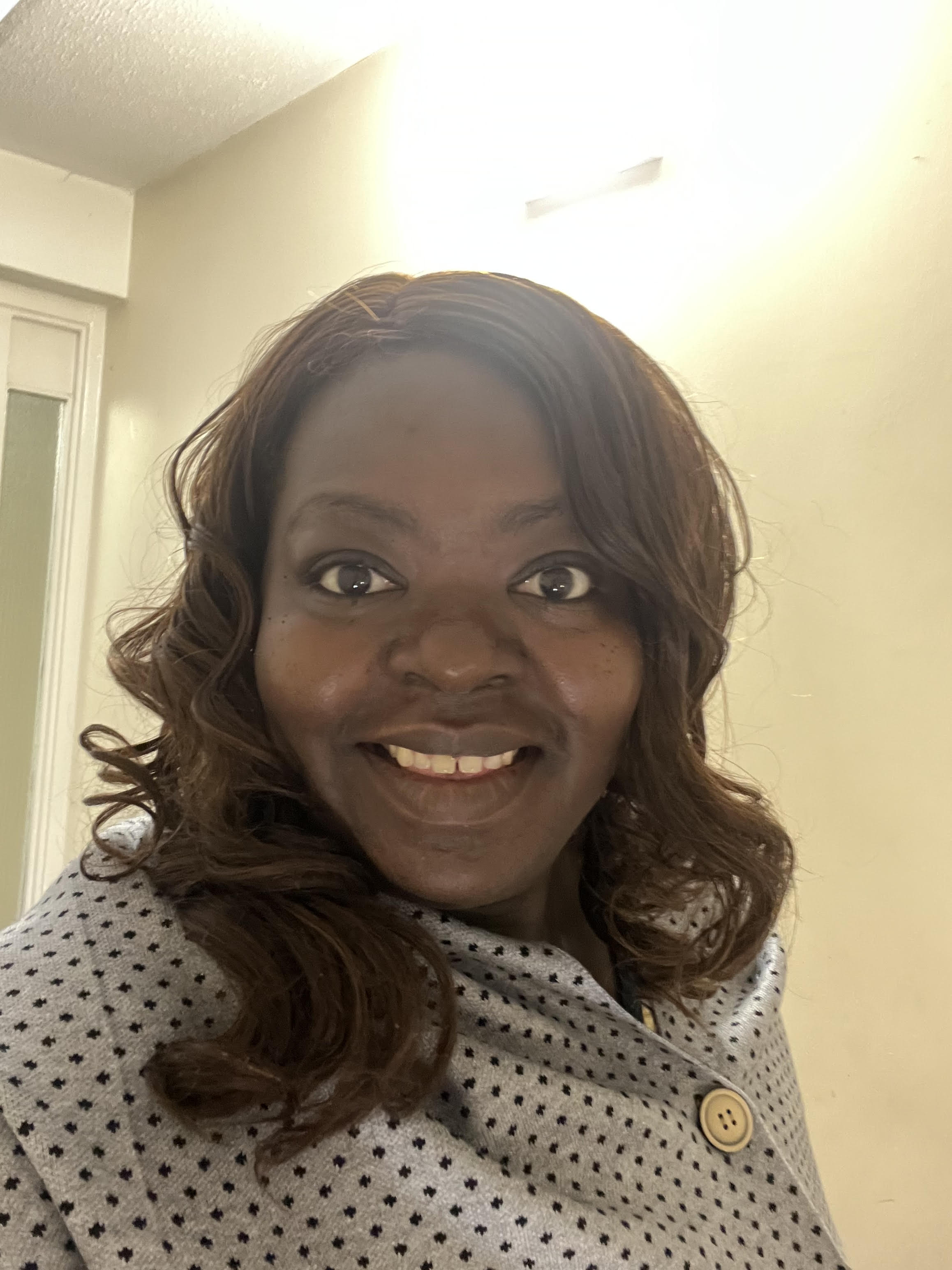


Faith Angwet
Does the May election bring Hope?
03 May, 2024Historically in England and Wales, as a general rule, the local government elections happen every four years, with its date always falling at the start of May, before the recess, which is a summer break for MPs. At present, the Conservative Party has managed to be the ruling party in government for the past 14 years, despite only succeeding to gain majority seats almost 5 years ago, in the 2019 general election.
As this year is both a local and general election year, there will be a greater significance of the local elections results, in not only shaping communities, but ultimately providing an insight of the public’s trajectory of the country's perception towards the general election, as a whole.
To start off with, in relation to the number of seats the ruling party gets in Parliament (in correlation to how deeply this can affect the social stability and economic growth in an area), it would help to begin with having a closer look at the capital city of Great Britain, also known as the Metropolitan Area of London.
As a high growth area, London has 32 boroughs in total and is divided into 3 wards, of which an elected councillor gets to represent one of each from the local election. Another important factor to consider is the possible number of potential voters to consider, of which the last ONS figures published in December 2022, the then city’s population was recorded to have an estimated 8.8 million inhabitants.
Whether or not the local elections matter to Londoners themselves can depend on a number of socioeconomic factors, as some wards are already struggling with being densely populated, underfunded security services and suffering with overcrowding due to housing shortages.
As a London parent myself, it’s easy to see how the affordability of transport, school uniform and food has become increasingly difficult. Feeling already isolated, unseen and overwhelmed with the day-to-day demands, this has the possibility of making some residents feel as if their voices are not heard, so how could their single vote make a difference?
Most interestingly, geopolitics usually have also begun to come into play, when historically vibrantly colourful London wards are now far less multicultural than they used to be.
Previously run down housing is being turned into luxury homes and office spaces, causing a net migration of particularly young families, to move out of the city due to the closures of nurseries and primary schools in the surrounding areas.
Worryingly, as I recall schools represent the heart of any community, with the outflow of many affected Londoners.
I am now beginning to notice the loss of diversity, as a churchgoer myself, to the declining churchgoing figures which are being heavily felt by the diocese in my local area.
The whole list of issues discussed above, if given deeper consideration by politicians, creates an opportunity to be turned into priorities and therefore brings us to a pivotal point to whether the May election can bring back hope for positive change in London.
Take for instance Changing Realities co-produced recommendations for change which can be read here. The project’s focus on real grass roots change to addressing everyday challenges and improving resident’s lives, easily relates to London's own social and economic state. It engages the reader to look at how this can result in positive change for the next generation of young people.
Where do you, as a reader, come in all of this, you may ask yourself?
Firstly, in order to participate in the polling stations, it is important you have registered yourself to vote.
Secondly, by keeping yourself informed on
1) who your local MP and party constituency is made up of, or
2) what difference they have been able to make in your local area
3) measured against the amount promises for what they can do for your own locality
It is in holding local community discussions where you could create the best possible chance of holding them to account of their election promises.
Navigating the start of the road of the London May elections towards that of the United Kingdom general election, can hindsight seem like a maze of political uncertainty.
Just like the different parties try to make a concerted effort to win ‘first past the post’ in order to reach majority seats, it is also up to us as their constituents, to collectively seize the opportunity in our direct communities and reshape the relationship we want them to build within our society from a more progressive health, educational and economic standpoint.
If not for yourselves, you definitely owe it to the future generations, to register and go out and proudly vote for what you believe in, or else, that little hope of possible change, just like young people’s future potential, will diminish into a lost cause.
